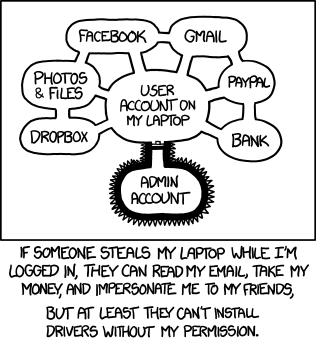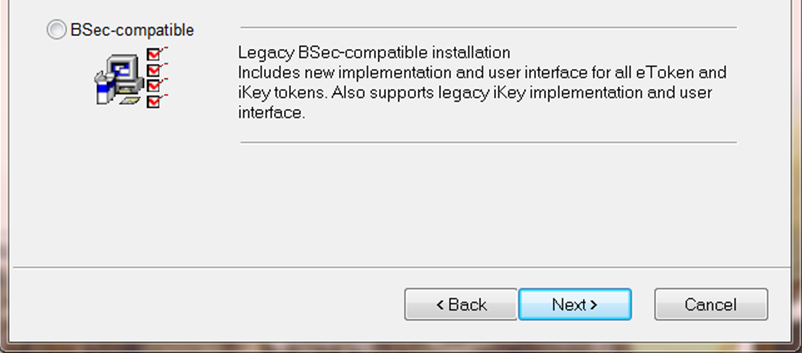The Future of O/S
Avishai Ish-Shalom (@nukemberg)
CTO @ Fewbytes
An operating system (OS) is a collection of software that manages computer hardware resources and provides common services for computer programs
O/S, circa 1993
- Debian, Slackware
- Windows NT 4
1993 Hardware
- Pentium just arrived!
- 16MB of RAM
- ~ 100MB hard drive
How did we use computers
- Almost no multi-tasking
- Personal computers, some SMB servers
- Many application on a node
- Minimal networking
- Maintained by humans, frequent config changes
- Lifespan: years
How do we use computers today
- Servers, appliances
- Lots of networking
- Automated management
- On servers, 1 service per node
- Lifespan can be minutes
Virtualization changed the world
- Hypervisor took over resource managment and containment
- Common drivers
- VM is the new process
The problem with privileges

The problem with containment
while true; mkdir t; cd t; done
- Application resource limits
- Application privileges
- Process centric, not user centric
Qubes
- Every app runs in a seperate VM
- Based on Xen
- Project started around 2010
The problems with packaging
- Debian buzz had 474 packages
- Software projects were split to libraries, docs, development tools/headers to save space
- Dynamic linking to save RAM and ease security upgrades
- Dependency management to prevent conflicts and ommisions
Debian wheezy has ~13k packaged software, CentOS 6 ~2k
But there are 1M projects on Github alone
Maintainers can't keep up
Dynamic linking no longer makes sense
- (almost) impossible to satisfy dependencies
- No RAM or disk space issues anymore
- Single app on node
Omnibus
- Huge all-in-one packages
- No dependencies, everything in the package
The problem with maintenance and configuration
- Gazillion configuration interfaces
- Many control interfaces (e.g. reload)
- No telemetry and monitoring services
- Resource ownership information

NixOS
- Embedded configuration managment
- Declerative, functional, transactional
- CM snapshots
- Project started around 2009
The problem with automation
yes | ./install.sh
- O/S built for human control
- Automation support 2nd class
- Packages do too much
- Config file formats
OpenLMI
- System management API
- Local and remote
- Available in Fedora 19
JeOS
- It's all about the Application
- Runtimes do a lot
- No need for users, permissions, scheduling, etc
- Erlang on Xen
- OSv
- CoreOS
Appliances
- High level application APIs
- Application level permissions
- Native cloud integration
Android, IOS, Windows mobile, Firefox OS
Distributed computing
Programming for 128 cores is a lot like programming for 64 core-duo nodes
The Grid
- Aggregation of clusters
- Resource scheduler, job management
- Monitoring
- Job containment
- API
- Global file system/storage
Plan 9
- Natively distributed O/S
- Started ~1987, released 1992
- Had many advanced features, still influencing O/S
Mosix (HUJI)
- SSI grid
- Started 1977, linux since 1999
- Live process migration
- Automatic resource management
Welcome to the future
- Orleans (Microsoft)
- Borg/Omega (Google)
- Mesos (Twitter, AirBnB)
- Hadoop YARN (Yahoo)
sudo halt -p
- Current O/S are legacy
- Appliances
- Thin containers
- Grids